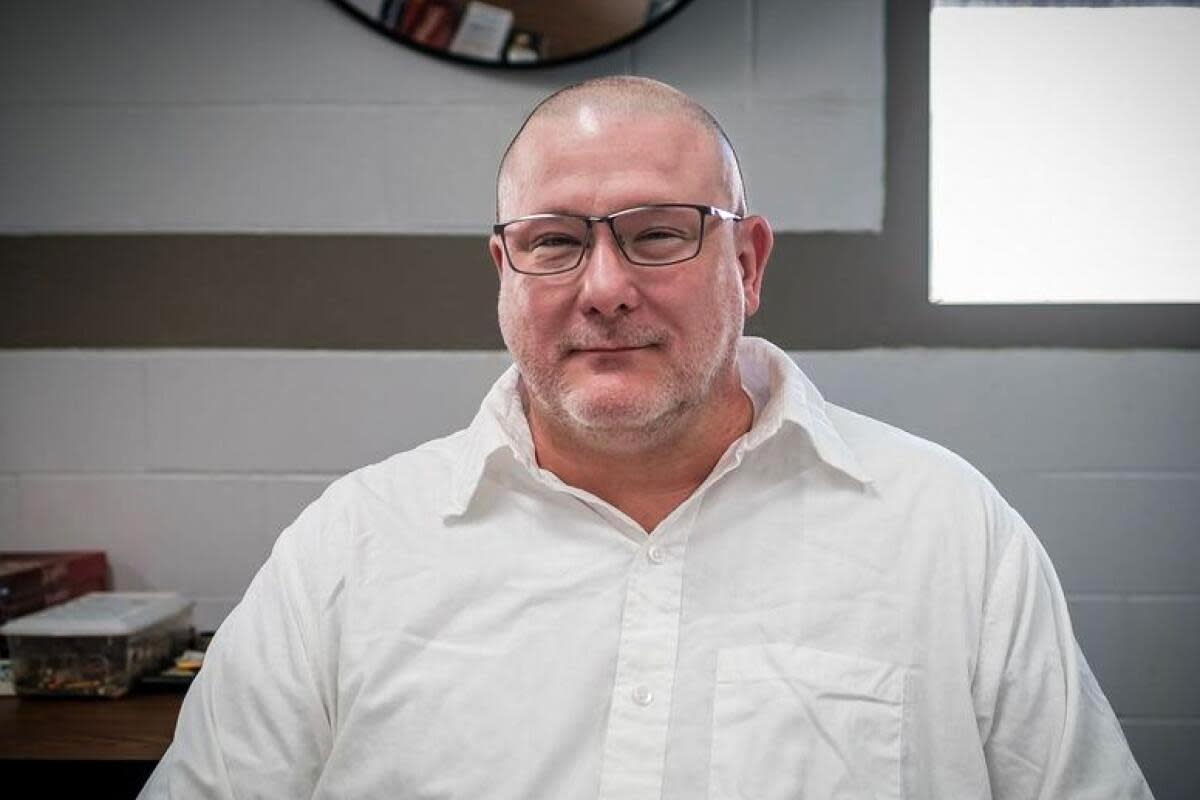Missouri death row inmate’s attorneys ask supreme court to block execution

Attorneys for a Missouri death row inmate have asked the US supreme court to block an execution sentence from going ahead on Tuesday, following a petition for clemency from more than 70 correctional officers and a letter from the inmate’s appeals court judge.
Related: Taliban edict to resume stoning women to death met with horror
The petition – a writ of certiorari – asks the court to spare Brian Dorsey’s life in favor of a life-without-parole sentence based on grounds that he is fully rehabilitated and therefore execution would be counter to the eighth amendment constitutional ban against punishments which serve no deterrent or rehabilitation purpose.
Lawyers for Dorsey said in the filing that his pending execution raises a question that lies at the heart of the criminal justice system.
“When a death-sentenced person has demonstrated that he has been rehabilitated, does the eighth amendment prohibit his execution because the penological goals of the death penalty would not be met by executing that person?” Dorsey’s attorneys said.
The petition goes to explain that Dorsey’s is “the rare case where a person facing an imminent execution unquestionably is fully rehabilitated”.
Dorsey, 52, has been subject to an extraordinary effort to spare him from execution for the 2006 killings of his cousin and her husband while experiencing psychosis induced by crack cocaine and alcohol he used to treat depression.
More than 150 people have called on the Missouri governor, Mike Parson, to commute Dorsey’s punishment – including prison workers, many of whom got to know Dorsey behind bars; Republican state representatives; and his trial jurors.
Michael Wolff, a retired Missouri supreme court judge, wrote in an editorial for the Missouri Times in March that he wished he would have had more information before denying Dorsey’s 2009 petition along with other jurists.
“In the case of Brian Dorsey, I now believe this is the rare case where we got it wrong,” Wolff wrote. “I am so convinced of our error that I have asked Governor Parson to grant clemency to Mr Dorsey.”
Dorsey’s attorney’s have argued that the public defender system that was in place at the time of his conviction – which paid a flat fee to his attorneys – meant that the defendant hadn’t been adequately represented in the capital case.
In a recent letter to the Kansas City Star news outlet, Timothy Lancaster, a former officer at Potosi, where Dorsey is incarcerated, wrote that “executing Brian Dorsey would be a pointless cruelty”.
“After decades in corrections, I do not hesitate to say that,” Lancaster also said.
Dozens of former and current Missouri department of corrections officers and prison staffers have written to Parson, the Star reported.
“We are part of the law enforcement community who believe in law and order,” the group wrote. “Generally, we believe in the use of capital punishment. But we are in agreement that the death penalty is not the appropriate punishment for Brian Dorsey.”
In the clemency appeal to the US supreme court, Dorsey’s attorney’s wrote he had committed the murders during a drug-induced psychosis.
Dorsey had not been evaluated by an expert who might have explained that he was incapable of forming the intent necessary for first-degree murder, his lawyers argued. And his lawyers added that the sentencing jury also was unaware of Dorsey’s substance use disorder and its role in the crime.
“During Mr Dorsey’s many years on death row, removed from the circumstances that led to his psychosis, he has been rehabilitated,” his lawyers’ petition to the supreme court reads. “Notably, he earned the extraordinary trust of prison staff: he served as the prison’s barber – cutting the hair of inmates, correctional officers, and even wardens – and lived in the prison’s honor dorm.”
The petition continues that Dorsey “never broke a prison rule and maintained a clean prison record for more than 17 years”.
“And he has received the unprecedented support of more than 70 correctional officers in seeking clemency,” Dorsey’s petition also said.


